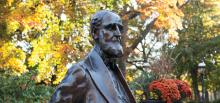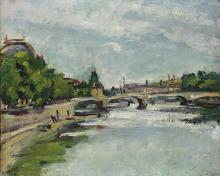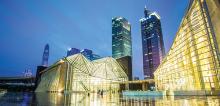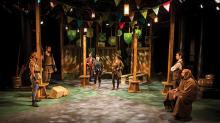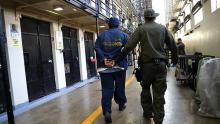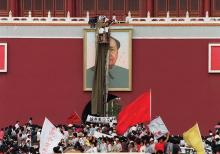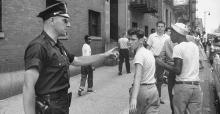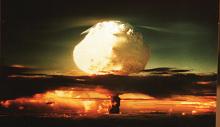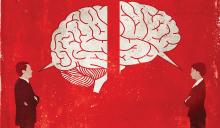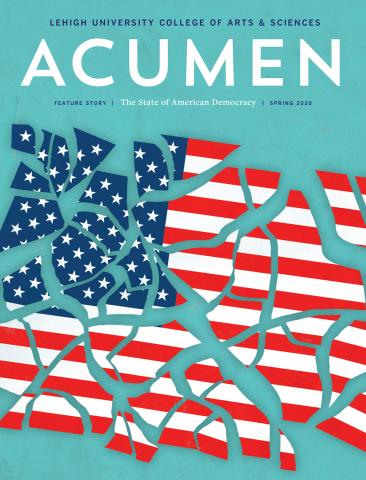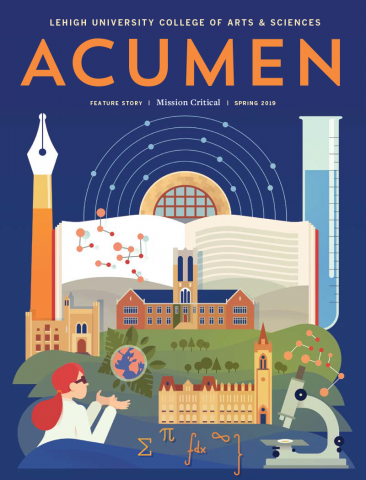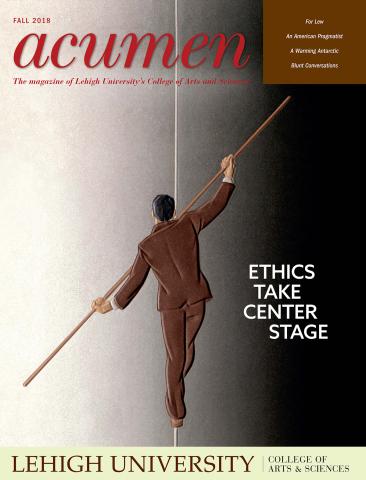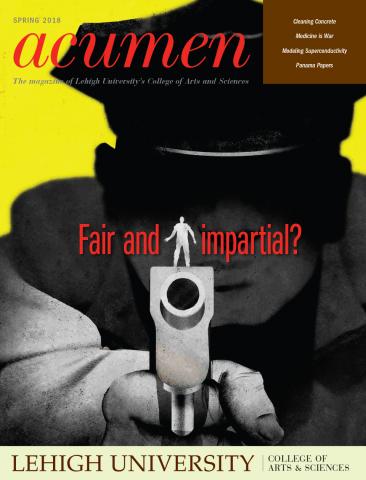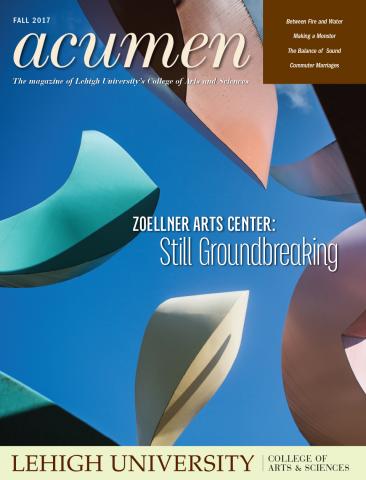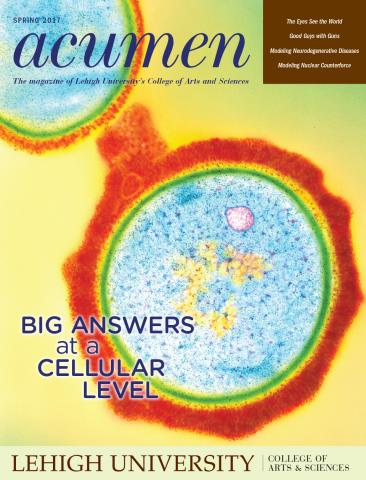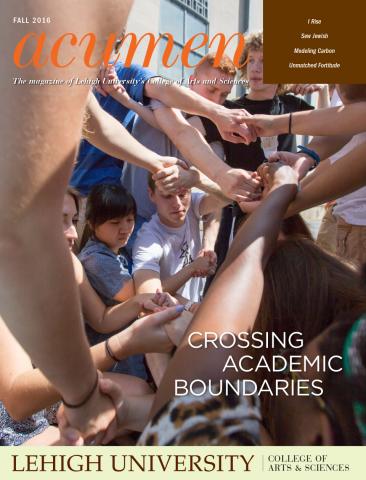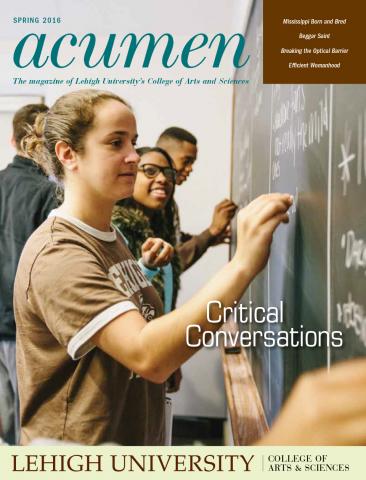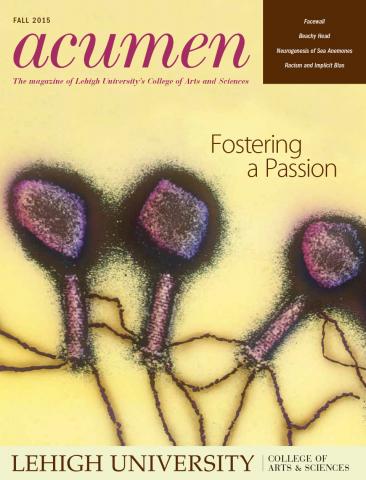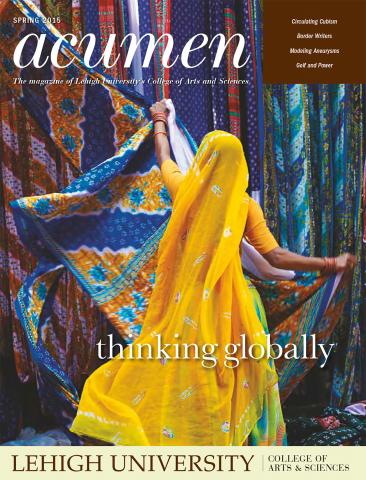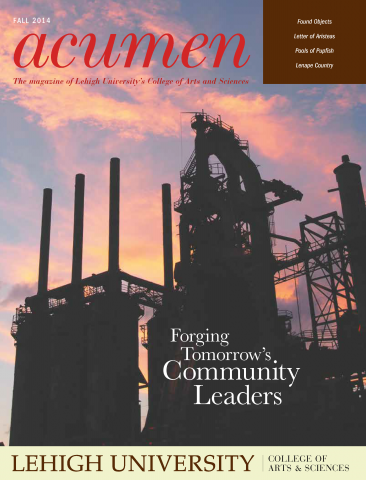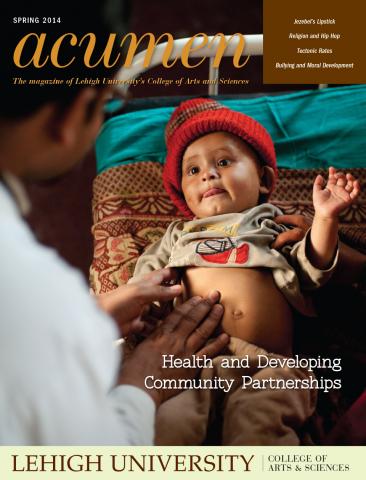
Initiated by Beijing college students, the 1989 Tiananmen Square protests shook all of China with their calls for democratic and social reform. They were violently repressed by the Chinese state on June 4. Since then, their memory within China has been subject to censorship. Government efforts to alter accounts of Tiananmen and the resulting works in literature and cinema are the focus of research by Thomas Chen.
Chen, assistant professor of Chinese in the department of modern languages and literatures, studies how state suppression of the dialogue on the Tiananmen protests and their alternative viewpoints create a vast space for a Chinese audience to recount and interpret a historical remembrance that is politically off limits.
“A lot has been written on cultural production outside of China that reflect on the movement,” he says. “Those works do not undergo censorship. They are not banned. But within China, this is such a sensitive topic, and for the most part, since 1989, this topic is basically off limits.”
As part of his book project, Making the Censored Public: The 1989 Tiananmen Square Protests in Chinese Fiction and Film, Chen analyzes various perspectives of the story. His book examines fiction and film that evoke Tiananmen from within mainland China and Hong Kong. He not only scrutinizes and investigates underground or banned works of literature and cinema, but he also studies government-produced literature. Immediately following the protests, the government produced a tremendous amount of propaganda and silenced nearly all mentions, and that has persisted to this day.
“The government issued large amounts of propaganda, whether pamphlets or books that sought to inculcate into the populace its version of what happened,” Chen says. “These are tales of soldierly heroism, soldiers as the martyrs that keep the country safe. Students are portrayed as the hoodlums, rioters who are putting the country in danger, who are influenced by foreign operatives.”
In much of the work, protagonists are writers, and films shot were without authorization. In fact, the films’ editing alone indicates the hazardous circumstances of their making. Many works portray what the students had to go through, the aftermath, the repression, how they deal with life in China after their dreams have been crushed, he says.
Reaction was different in Hong Kong, he says. The post-June 4 period approaching the 1997 reversion to Chinese sovereignty drew Chen to assess the possibility of a Hong Kong interpretation in the face of collusive pressure from Chinese and British authorities.
“The reaction in Hong Kong is more visceral (compared to in Taiwan) because of its proximity to China. The event happened before Hong Kong became a territory of China. It was still a British colony, yet it knew its fate. They knew they, too, could also suffer in the same way, having their freedoms taken away. For them, the consequences were much more dire.”
While many scholars have studied the protest from outside China, few have examined it from an internal perspective, which Chen says is important.
“This kind of work cannot be done by my colleagues in China. It’s a subject that is very much off limits. Here, since I have academic freedom, I want to take advantage of this freedom and do things my Chinese counterparts (might want to) wish they could but cannot.”

